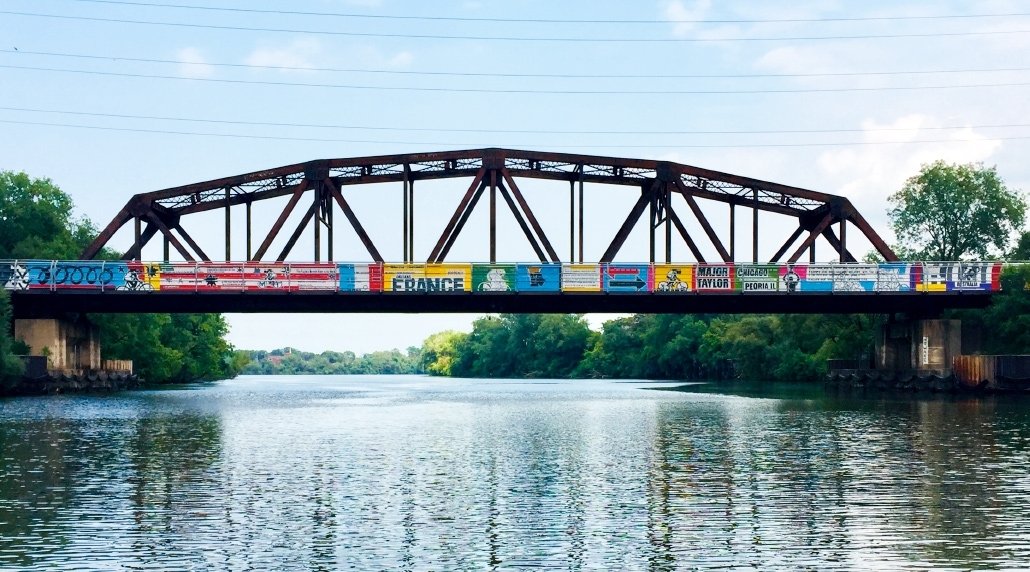Rachel Scarlett
Social Equity and Freshwater Conservation: A Case Study of the Chicago Region
Abstract
Social Equity and Freshwater Conservation: A Case Study of the Chicago Region
There is increasing awareness that the environmental risks and benefits related to rivers are not distributed equally across social groups. Freshwater conservation organizations—those that care for and monitor our rivers, educate communities, and advocate for improved conditions— have the opportunity to restore urban rivers and address environmental injustices. However, conservation organizations have a long history of upholding rather than challenging social inequities. Conservation organizations operate within complex social-ecological networks, where broader social and environmental contexts often influence their stewardship decisions. Such networked collaborations have the potential to mobilize or inhibit the flow of vital resources (i.e., money, knowledge, social support) needed to strengthen a community’s capacity to challenge environmental injustices. Here, I investigate if and how conservation organizations can leverage social-ecological networks to promote equitable freshwater conservation outcomes in the Chicago Metropolitan Region. My project will inform key relationship-building practices that conservation organizations can learn from to address social inequities.
Mentors
Mentors: Dr. Elizabeth Anderson at Florida International University and Dr. Mark Bouman at the Field Museum
Undergraduate Education
B.S. Environmental Studies, University of California, Santa Barbara, 2015
Graduate Education
Ph.D. Ecological Sciences and Engineering Interdisciplinary Program, Purdue University, 2021
M.S. Ecological Sciences and Engineering Interdisciplinary Program, Purdue University, 2017
Current Title and Affiliation
Assistant Professor at Georgia State University, Department of Geosciences



